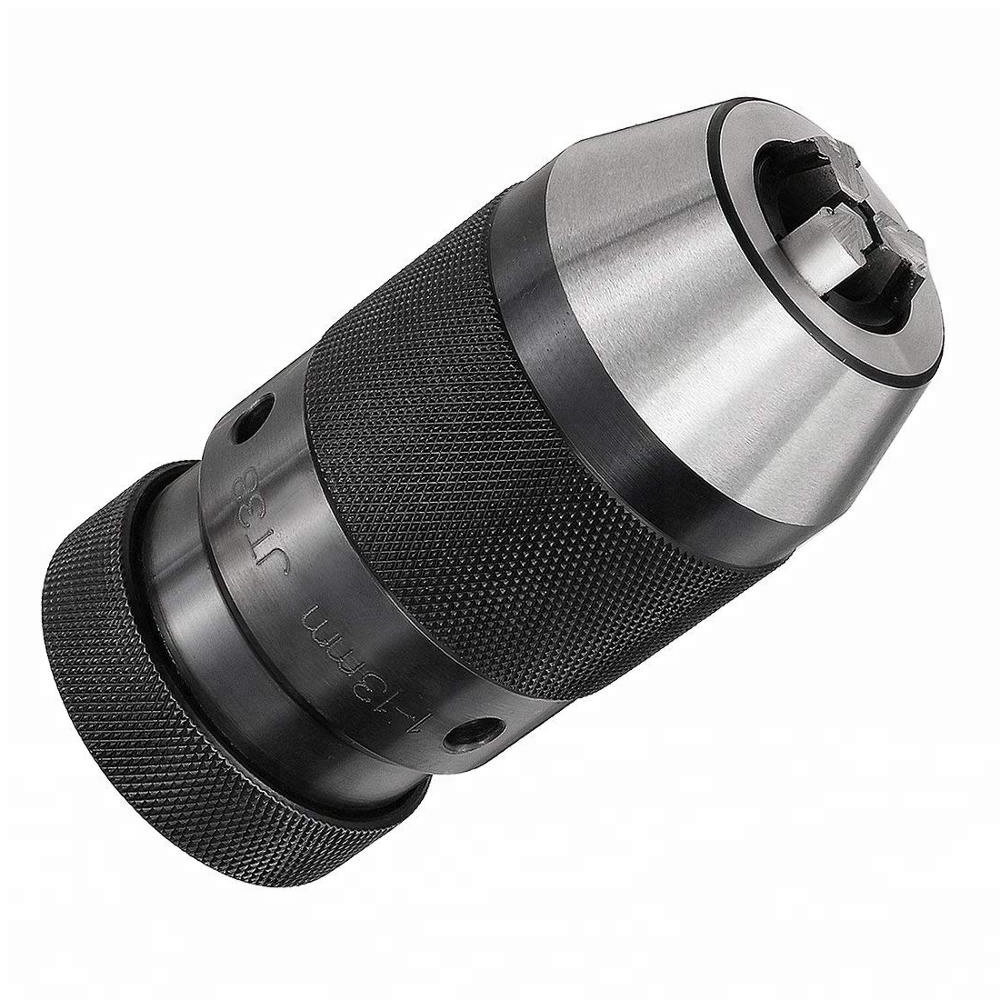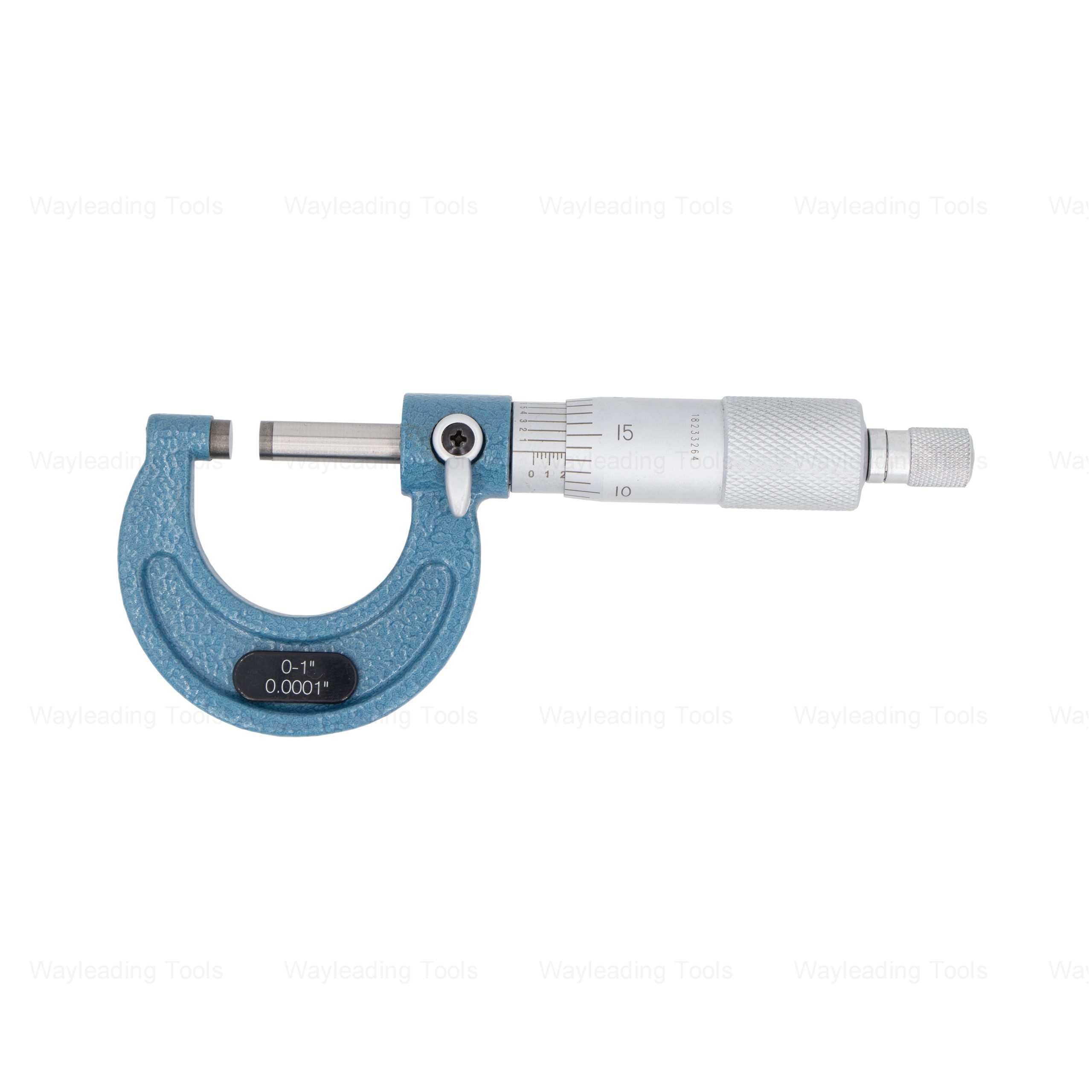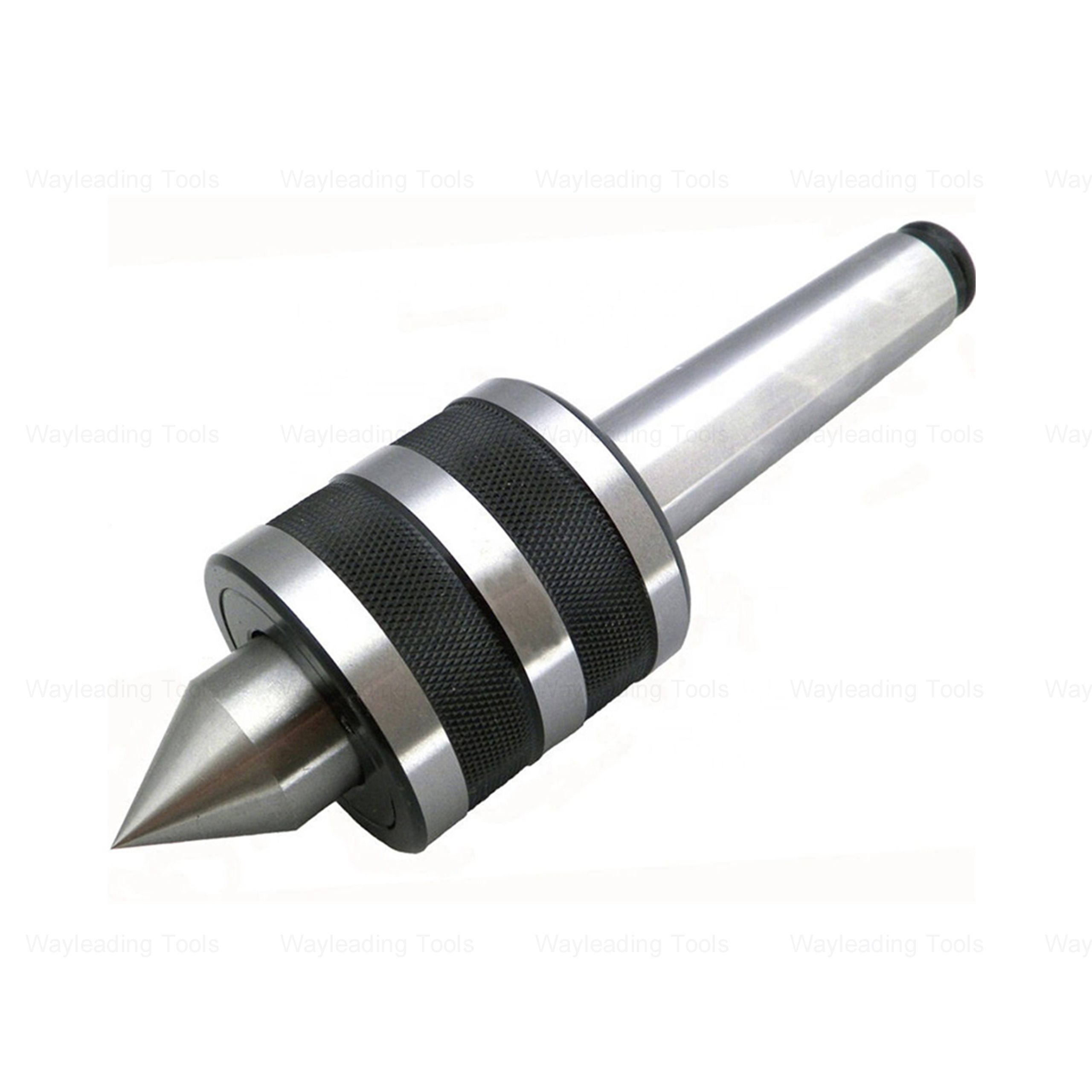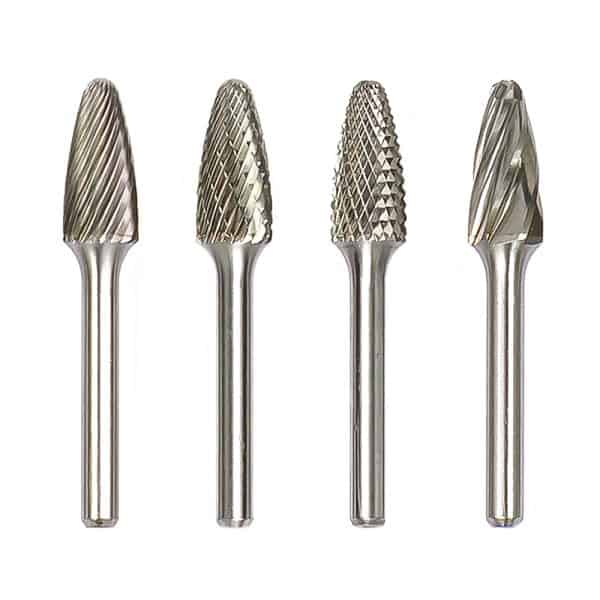plug gauge Manufacturers
A plug gauge, also known as a pin gauge, is a precision measuring tool used to determine if a hole is within specified tolerances. This article provides a detailed overview of plug gauge manufacturers, covering the types of gauges they offer, factors to consider when choosing a manufacturer, and key applications of plug gauges. Whether you are looking for standard sizes or custom-made gauges, this guide will help you navigate the options and find the right supplier.Understanding Plug GaugesPlug gauges are essential tools in manufacturing, quality control, and inspection processes. They are designed to check the dimensions of holes with high accuracy. There are various types of plug gauges available, each suited to different applications.Types of Plug GaugesUnderstanding the different types of plug gauges is crucial for selecting the right tool for your needs. The most common types include: Go/No-Go Plug Gauges: These gauges have two ends – a 'Go' end that should enter the hole if it is within tolerance and a 'No-Go' end that should not enter if the hole is within tolerance. Progressive Plug Gauges: Similar to Go/No-Go gauges, but the 'Go' and 'No-Go' dimensions are on the same end. Taper Plug Gauges: Used to check the accuracy of tapered holes. Thread Plug Gauges: Designed to inspect the internal threads of a hole. Air Plug Gauges: Use air pressure to measure the internal diameter of a hole. These are known for their high precision and ability to detect very small variations.Applications of Plug GaugesPlug gauges are used across various industries for ensuring dimensional accuracy. Key applications include: Automotive Industry: Inspecting the dimensions of engine components and other critical parts. Aerospace Industry: Ensuring the precision of holes in aircraft structures and components. Manufacturing: Checking the accuracy of holes in mass-produced parts. Quality Control: Verifying that parts meet specified tolerances before assembly or shipping. Metalworking: Ensuring accuracy of holes during the manufacturing process.Choosing the Right Plug Gauge ManufacturerSelecting a reliable plug gauge manufacturer is crucial for obtaining high-quality tools that meet your specific needs. Consider the following factors when making your decision.Factors to ConsiderWhen evaluating plug gauge manufacturers, consider the following: Quality and Precision: Ensure the manufacturer adheres to recognized standards such as ISO 9001 and provides calibration certificates for their gauges. Material and Durability: The material used significantly impacts the gauge's lifespan and accuracy. High-quality steel alloys are generally preferred. Wayleading Tools offers gauges made from premium materials for extended durability. Customization Options: If you require specific sizes or features, choose a manufacturer that offers custom-made gauges. Lead Time and Delivery: Consider the manufacturer's lead time, especially if you have urgent requirements. Customer Support: A manufacturer that provides excellent customer support can assist with technical questions and resolve any issues promptly. Price and Value: Compare prices from different manufacturers, but prioritize quality and reliability over the lowest price.Top Plug Gauge ManufacturersHere are some well-regarded plug gauge manufacturers known for their quality and reliability: Mitutoyo: A global leader in metrology equipment, known for its high-precision plug gauges. Starrett: A reputable manufacturer with a long history of producing quality measuring tools. Vermont Gage: Specializes in precision pin and plug gauges. Meyer Gage: Offers a wide range of plug gauges, including custom options. Wayleading Tools: Known for providing high-quality, durable, and precise plug gauges, with a focus on customer satisfaction. Explore our offerings at www.wayleading.com.Benefits of Using High-Quality Plug GaugesInvesting in high-quality plug gauges from reputable plug gauge manufacturers offers several benefits: Improved Accuracy: High-quality gauges provide more accurate measurements, leading to better quality control and fewer errors. Increased Efficiency: Accurate gauges reduce the need for rework and scrap, saving time and resources. Enhanced Reliability: Durable gauges last longer and maintain their accuracy over time, reducing the need for frequent replacements. Cost Savings: Although high-quality gauges may have a higher initial cost, they offer long-term cost savings due to their durability and accuracy.Plug Gauge Materials and StandardsThe material used to manufacture plug gauges and the standards they adhere to are critical to their performance and reliability.Material SelectionCommon materials used in plug gauge manufacturing include: Tool Steel: Offers excellent hardness and wear resistance. High-Speed Steel (HSS): Provides superior wear resistance and can withstand higher temperatures. Carbide: Offers exceptional hardness and wear resistance, ideal for abrasive materials. Chrome Plated Steel: Increases corrosion resistance and surface hardness.Industry StandardsPlug gauges should comply with recognized industry standards to ensure accuracy and interchangeability. Key standards include: ANSI (American National Standards Institute): Defines standards for dimensions and tolerances. ISO (International Organization for Standardization): Provides international standards for metrology equipment. DIN (Deutsches Institut für Normung): German standards for dimensional accuracy and material properties.Maintaining and Calibrating Plug GaugesProper maintenance and calibration are essential for ensuring the accuracy and longevity of plug gauges.Maintenance TipsFollow these tips to maintain your plug gauges: Clean Regularly: Remove dirt, oil, and debris after each use with a clean, lint-free cloth. Store Properly: Store gauges in a dry, protected environment to prevent corrosion and damage. Handle Carefully: Avoid dropping or mishandling gauges to prevent damage to the measuring surfaces.CalibrationRegular calibration is crucial for maintaining the accuracy of plug gauges. Follow these guidelines: Calibration Frequency: Calibrate gauges at least annually, or more frequently if they are used extensively. Calibration Services: Use a reputable calibration service that has ISO 17025 accreditation. Calibration Records: Maintain detailed records of all calibration activities, including dates, results, and any adjustments made.Case Studies: Successful Applications of Plug GaugesReal-world examples illustrate the importance and effectiveness of using plug gauges in various industries.Automotive ManufacturingA leading automotive manufacturer used plug gauges to ensure the precise dimensions of engine cylinder bores. By implementing a regular plug gauge inspection process, they reduced engine failures and improved overall product quality. The manufacturer sourced their plug gauges from Wayleading Tools due to their reputation for precision and durability.Aerospace Component InspectionAn aerospace company used plug gauges to verify the dimensions of critical holes in aircraft wing components. The plug gauges helped them meet stringent safety standards and ensure the structural integrity of their aircraft. The company emphasized the importance of using calibrated plug gauges from reputable plug gauge manufacturers to maintain accuracy and reliability.The Future of Plug Gauge TechnologyThe field of plug gauge technology is continuously evolving, with advancements in materials, manufacturing processes, and measurement techniques.Emerging TrendsKey trends in plug gauge technology include: Smart Plug Gauges: Integration of sensors and wireless technology for real-time data collection and analysis. Advanced Materials: Use of new materials, such as ceramics and composites, to improve wear resistance and reduce weight. Additive Manufacturing: 3D printing of custom plug gauges for specialized applications.ConclusionSelecting the right plug gauge manufacturer and understanding the various types of plug gauges are essential for ensuring dimensional accuracy and quality control. By considering factors such as quality, materials, customization options, and customer support, you can choose a manufacturer that meets your specific needs. Investing in high-quality plug gauges and implementing proper maintenance and calibration practices will improve accuracy, efficiency, and reliability in your manufacturing processes. Wayleading Tools is dedicated to providing top-quality plug gauges to meet the evolving needs of the industry. Visit our website at www.wayleading.com to explore our range of products and services.Disclaimer: All data and specifications mentioned are based on industry standards and manufacturer information available at the time of writing. Please refer to the official websites of manufacturers for the most up-to-date information.
Related products
Related products
Best selling products
Best selling products-
 Type G Arc Pointed Tree Tungsten Carbide Rotary Burr
Type G Arc Pointed Tree Tungsten Carbide Rotary Burr -
 Precision V Block Set With High Quality Type
Precision V Block Set With High Quality Type -
 Keyless Drill Chuck With Heavy Duty Type
Keyless Drill Chuck With Heavy Duty Type -
 Premium Outside Micrometer – Metric & Inch, Ratchet Stop, Industrial Grade
Premium Outside Micrometer – Metric & Inch, Ratchet Stop, Industrial Grade -
 Precision V Block Set With M Type
Precision V Block Set With M Type -
 Precision V Block And Clamps Set With Industry Type
Precision V Block And Clamps Set With Industry Type -
 Precision Outside Micrometer Set With digit Counter Of Inch & Metric With Rachet Stop
Precision Outside Micrometer Set With digit Counter Of Inch & Metric With Rachet Stop -
 Plain Back ER Collet Fixture With Lathe Collet Chuck
Plain Back ER Collet Fixture With Lathe Collet Chuck -
 High Precision Medium-Duty Live Center – Hardened Tip, Morse Taper Shank
High Precision Medium-Duty Live Center – Hardened Tip, Morse Taper Shank -
 Type F Ball Nose Tree Tungsten Carbide Rotary Burr
Type F Ball Nose Tree Tungsten Carbide Rotary Burr -
 Inch HSS Step Drills with Straight Flute
Inch HSS Step Drills with Straight Flute -
 Straight Shank ER Collet Chuck Holders With Extending Rod
Straight Shank ER Collet Chuck Holders With Extending Rod











